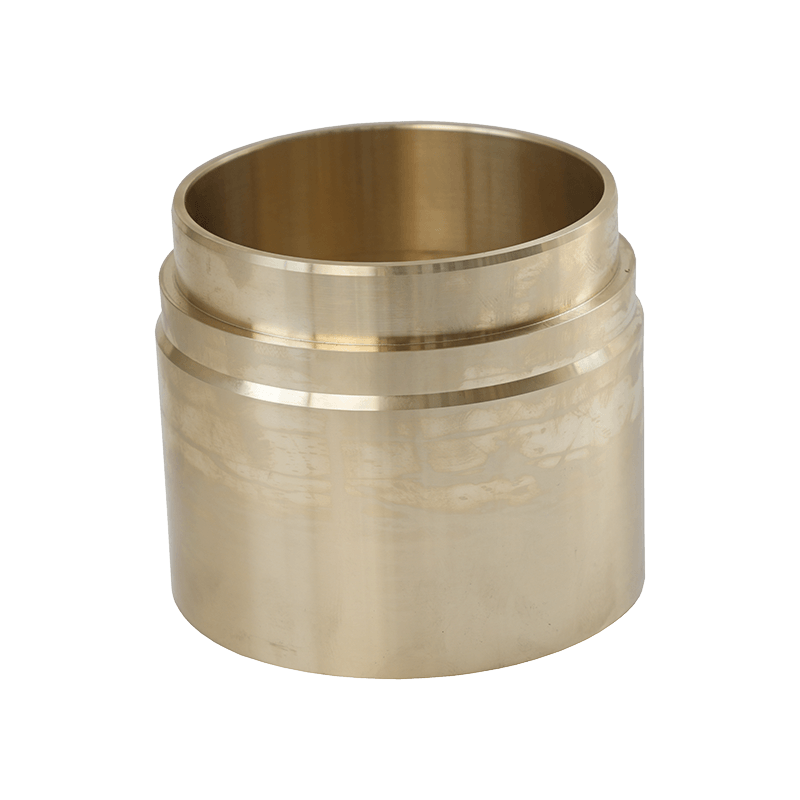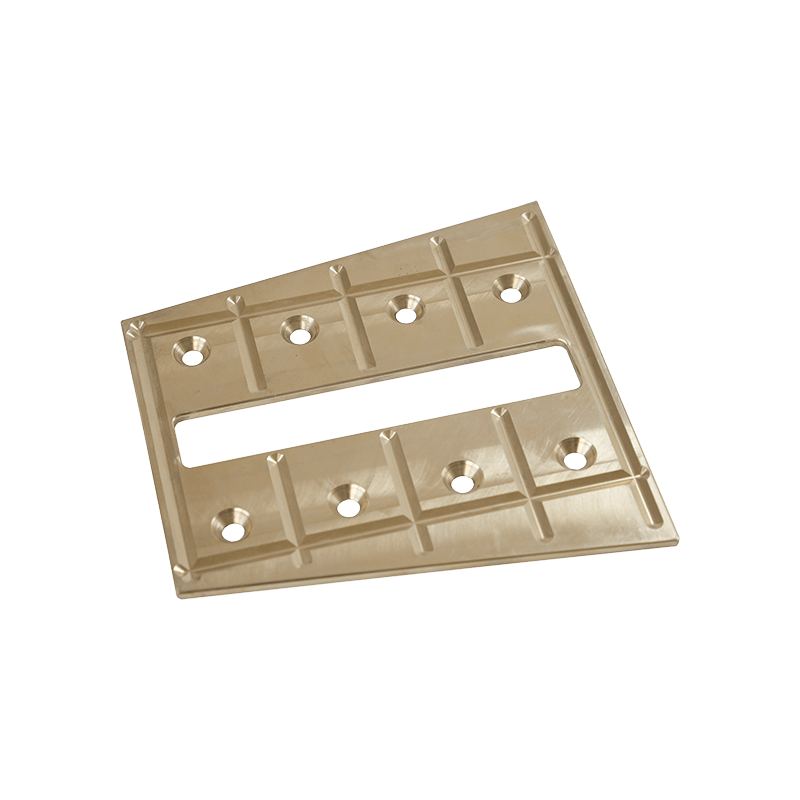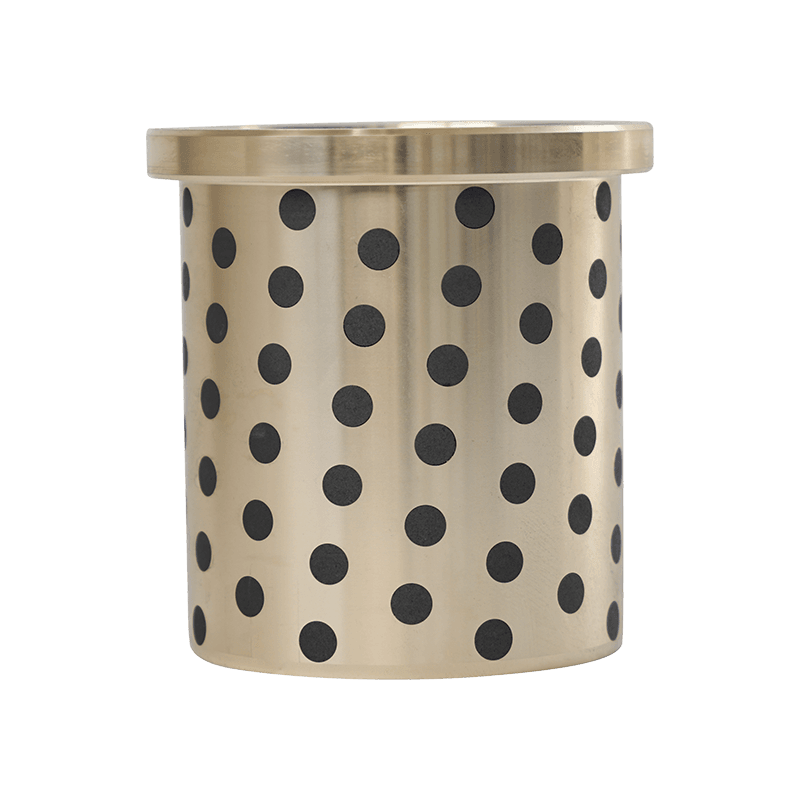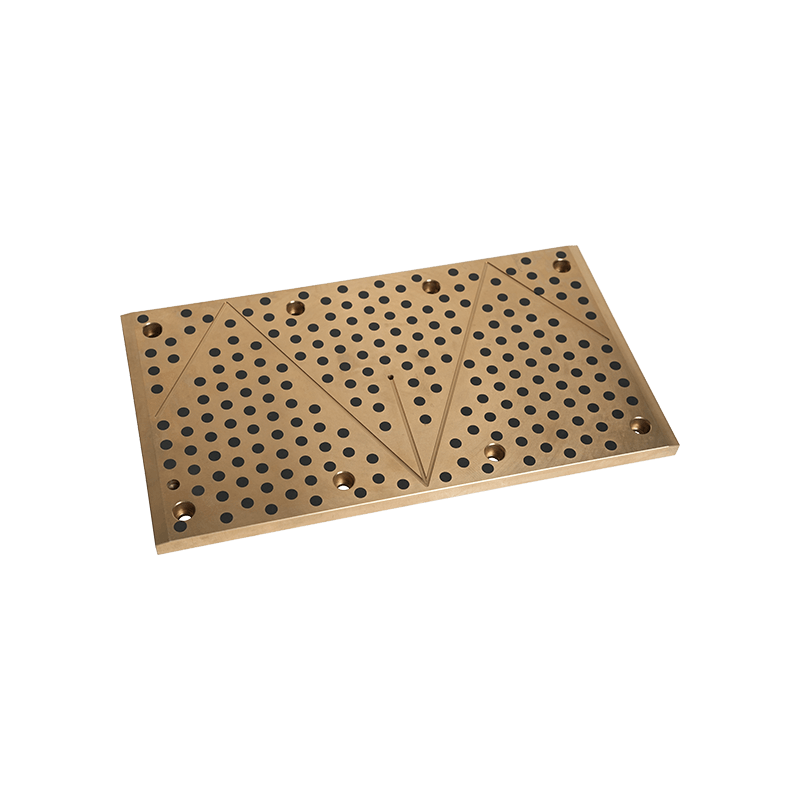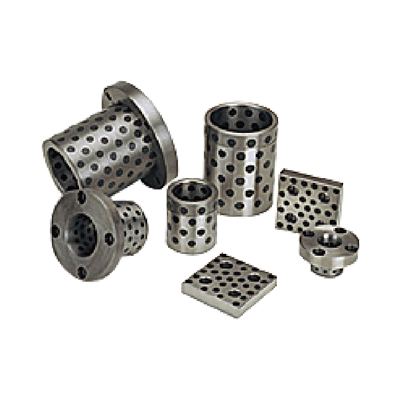Steel explosion-welded composite plates possess excellent corrosion resistance and chemical corrosion resistance. Their resistance to corrosion depends on the materials used and the quality of the welding process. Here are some key points to consider:
Cladding Material:
Selection: The outer layer or cladding is typically made from corrosion-resistant materials such as stainless steel, nickel alloys, titanium, or other specialty alloys.
Properties: These materials are chosen for their exceptional resistance to specific corrosive environments and chemicals.
Support: The base material, usually carbon steel or other types of structural steel, provides mechanical strength and structural support.
Protection: The cladding protects the base material from corrosive agents, preventing degradation.
Stainless Steel Cladding:
General Corrosion Resistance: Stainless steel cladding, particularly those with high chromium and nickel content, offers broad corrosion resistance to various forms of corrosion, including pitting, crevice corrosion, and intergranular corrosion.
Specific Environments: Different grades of stainless steel (e.g., 304, 316, 904L) exhibit varying degrees of corrosion resistance in different environments. For instance, 316 stainless steel is highly resistant to chlorides and marine environments.
Extreme Conditions:
Nickel Alloys (e.g., Inconel) and Titanium: These are used in environments with extreme corrosive conditions, such as high-temperature acidic or alkaline environments.
Durability: These materials provide excellent resistance to a wide range of chemicals and corrosive agents, ensuring long-term durability and reliability.

Resistance to Acids and Alkalis:
Nickel and Titanium: These materials are particularly effective at resisting strong acids (e.g., sulfuric acid, hydrochloric acid) and strong alkalis (e.g., sodium hydroxide).
Stainless Steel: While generally corrosion-resistant, specific grades should be selected based on chemical concentration and temperature to prevent localized corrosion.
High-Chromium Alloys: Alloys with high chromium content (e.g., certain stainless steels) have excellent oxidation resistance, preventing surface degradation.
Bond Integrity:
Explosion Welding Process: This process can create high-quality metallurgical bonds with minimal dilution, preserving the performance of the cladding material.
Defects: Ensuring defect-free bonding is crucial for maintaining corrosion resistance, as any defect could become a corrosion initiation point.
Temperature and Pressure:
Operating Conditions: The selection of cladding material is influenced by operating conditions (temperature, pressure, presence of corrosive agents) to ensure optimal performance.
Exposure Time: Materials with sustained resistance are required to prevent long-term degradation during prolonged exposure to harsh environments.
Regular Inspection:
Routine Inspections and Maintenance: These help identify early signs of corrosion or chemical attack, allowing for timely intervention.
Protective Coatings: Additional protective coatings or treatments can enhance resistance, particularly in highly corrosive environments.
Steel explosion-welded composite plates, when properly designed and manufactured, can provide excellent corrosion and chemical resistance. The choice of cladding material is crucial in determining the level of resistance, and the explosion welding process ensures a strong bond, maintaining cladding integrity. These plates are suitable for various corrosive environments, offering durability and reliability for a wide range of industrial applications.

 English
English Deutsch
Deutsch Español
Español русский
русский

 +0086-513-88690066
+0086-513-88690066